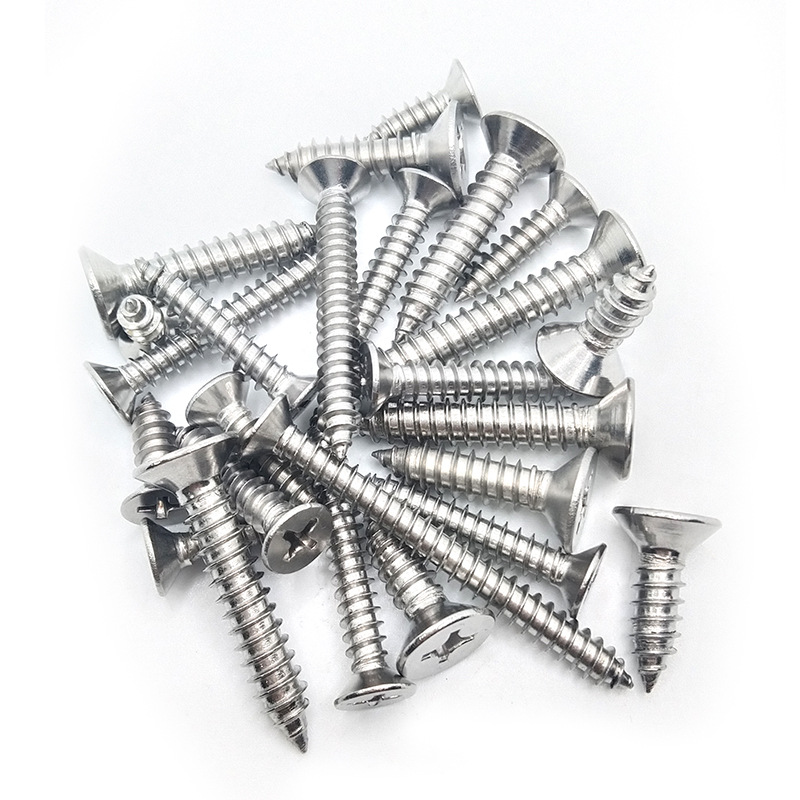

High-Quality Plain Steel Washers for Reliable Mechanical Applications and Fastening Solutions
Oct . 10, 2024 00:27 Back to list
High-Quality Plain Steel Washers for Reliable Mechanical Applications and Fastening Solutions
Understanding Plain Steel Washers A Comprehensive Overview
Plain steel washers are fundamental components in countless mechanical applications, serving as essential tools in various industries, from construction and manufacturing to automotive and electronics. Although they may appear simple and unassuming, these washers play a crucial role in ensuring stability, distributing loads, and preventing damage to surfaces and bolted connections.
At its core, a plain steel washer is a flat, disc-shaped piece of metal with a hole in the center, designed to be placed under a bolt or nut. The primary purpose of a washer is to distribute the load of the fastener over a larger surface area, which helps to prevent the bolt or nut from pulling through the material it connects to. This is particularly important in applications where the materials involved may be softer or more prone to deformation.
One of the key advantages of using plain steel washers is their cost-effectiveness. Made from durable steel, these washers offer a reliable solution without imposing a significant financial burden on projects. They are extensively used in construction, where they provide essential support to structural components, ensuring that beams, columns, and other elements are securely connected. In manufacturing, plain steel washers help facilitate the assembly of machinery and equipment, maintaining the integrity and safety of operational systems.
Plain steel washers also contribute to preventing corrosion in various ways. While they are not inherently corrosion-resistant, they facilitate the use of other protective layers. For instance, when combined with coatings, electroplating, or treated fasteners, these washers can help mitigate the impact of moisture and environmental factors on bolted connections. In environments where exposure to rust and oxidation is a concern, using plain steel washers as part of a comprehensive anti-corrosion strategy can enhance the lifespan of the assembly.
plain steel washers

Another important aspect of plain steel washers is their availability in various sizes and thicknesses. This versatility allows engineers and designers to select the right washer for specific applications, ensuring optimal performance for each unique task. Whether it’s a large structural project or a small assembly, there’s a plain steel washer designed to fit the specific requirements of the job.
When installing plain steel washers, it’s essential to consider proper torque specifications and installation techniques. Over-tightening can lead to deformation of the washer, while under-tightening may compromise the joint integrity. Using the appropriate washer size and ensuring a snug fit can greatly enhance the effectiveness of the assembly.
Moreover, in today's world, sustainability is becoming increasingly important in manufacturing practices. Many manufacturers are exploring the use of recycled steel for producing plain steel washers, contributing to a more circular economy. This shift not only helps reduce environmental impact but also emphasizes the importance of responsible sourcing and resource management.
In conclusion, plain steel washers are indispensable components in various sectors due to their simplicity, effectiveness, and versatility. While they might not be the most glamorous part of assembly, their role in load distribution, surface protection, and overall joint integrity cannot be overstated. As industries continue to evolve and prioritize sustainability, the development and use of plain steel washers will likely remain integral to robust engineering practices. These humble components are, without a doubt, the unsung heroes of countless mechanical systems.
Latest news
-
High-Strength Hot Dip Galvanized Bolts - Hebei Longze | Corrosion Resistance, Customization
NewsJul.30,2025
-
Hot Dip Galvanized Bolts-Hebei Longze|Corrosion Resistance&High Strength
NewsJul.30,2025
-
High-Strength Hot-Dip Galvanized Bolts-Hebei Longze|Corrosion Resistance&High Strength
NewsJul.30,2025
-
Hot Dip Galvanized Bolts-Hebei Longze|Corrosion Resistance&High Strength
NewsJul.30,2025
-
Hot Dip Galvanized Bolts - Hebei Longze | Corrosion Resistance, High Strength
NewsJul.30,2025
-
High-Strength Hot Dip Galvanized Bolts-Hebei Longze|Corrosion Resistance, Grade 8.8
NewsJul.30,2025

